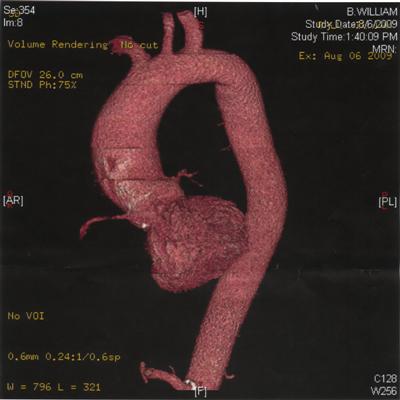Oh, and if anyone has thoughts on some of my other questions I'll be asking the surgeon, fire away. Here they are.
1) I've had a cough (tickle in my chest, and cough up clear phlem) for a couple weeks now (maybe 3). Been taking Mucinex DM for 7-10 days, and it's gotten a little better, but still hanging on. This stuff has always hung on a long time when I get it (after a chest cold, when I've got allergies going on, after playing basketball, etc.). I'm wondering if this could be related to the bad valve? Will it be a problem during surgery? And will it get better after the new vavle?
2) Wondering if minimally invasive surgery might be an option? Sure would be nice not to break my breast-bone if don't have to, and a smaller scar would be awsome! I think it's worth asking anyway... Just wondering if this is something that some surgeons are comfortable with, others not. Or does it depend more on exactly what you're having done (I think "all" they're doing to me is replacing my bi-cuspid aortic valve - unless we find out I do have a dilated aorta or something).
3) Will I be able to lift weights again down the road (I'm assuming not for 6-9 months, but maybe after that)? I'm even going to ask him again if I can lift between now and the surgery. My cardiologist recommended against it, but it seems like that would be less stressful on my heart than having sex, which he said was ok... And what is the risk - that I'll have a heart attack? To be honest, my cardiologist told me not to lift leading up to the angiogram, but I got antsy and did anyway - thinking if I'm gonna be down and out for months, I want to look as good as I can... Also, is it ok to mow the lawn, and stuff like that between now and the surgery? Need to get the yard and house clean cause I won't feel like it for weeks/months after surgery.
4) Lastly (for now) wondering if it would be worth asking about the Ross procedure?






















